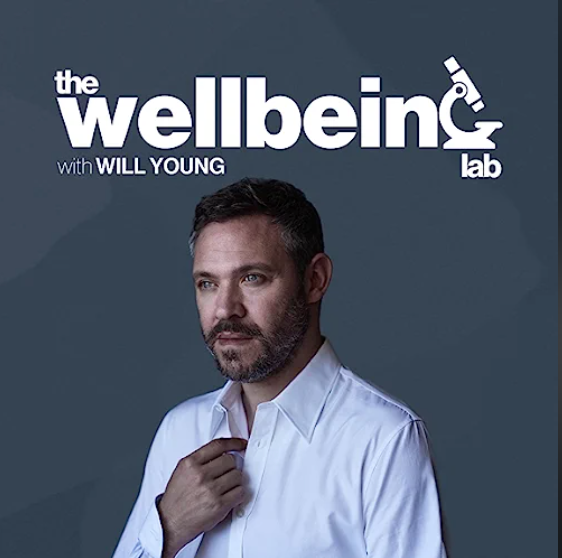It’s World Mental Health Day today – an opportunity to to raise awareness and support for this important topic. This year, however, with the COVID-19 situation, I suspect many people are not only more aware of mental health issues, they may well be experiencing them first-hand or through loved ones. We’re living in a very different world to the one we inhabited a year ago. For many of us, our homes have become our workplaces, our social lives have been put on hold and we’re having to live in extremely close quarters with partners or families, which can put a strain on our relationships.
We are social animals at heart and this period of imposed isolation may have been challenging and uncomfortable, bringing up feelings of isolation, fear, anxiety, panic, overwhelm or depression. If you sense your partner is struggling with mental health issues, it can be difficult to know how best to help them. Here are some guidelines to help you support your partner, whilst also making sure you take care of yourself. Remember that while these are challenging times, they can also present an opportunity to strengthen your relationship.
Make an action plan together
You may have to make some adjustments, but this is an opportunity to learn and grow together. Often when one person has a mental health issue the other over-compensates, taking on a lead or parental role, but this can be unhelpful and patronising. Remember, we all have our needs met in different ways, so it’s important to take into consideration each of your individual needs, without judgement, rather than one or the other dictating what you need. If you’re both involved in the process you can make it positive and empowering for both of you.
Really communicate
Try communicating mindfully: Set aside regular time together alone, without the TV or any other distractions, where you can talk openly and really listen to what the other person is saying, giving space and not interrupting. When it’s your turn to speak, be mindful of what you’re saying and how you’re saying it. Being heard is so undervalued; it can lead to a sense of appreciation and offer a pathway to deeper understanding and connection. It’s important to ensure you convey compassion, love and kindness whilst maintaining an adult-to-adult relationship.
Book an appointment with the G.P.
Depression and anxiety are now commonly used words to describe ‘negative’ moods, which can undermine the seriousness of a mental health issue. It is important to know the difference between a bad day and a deeper issue. If your partner’s feelings are persistent or beginning to have an impact upon daily life, it’s important to support and encourage them to visit their G.P. for a full assessment and to explore the options available. This is even more critical if there are thoughts of suicide or self-harm.
Explore interpersonal relationship issues
Mental health conditions can lead to relationship difficulties, and likewise, relationship problems can cause mental health conditions. Therapy can help you to work through any issues and increase relationship satisfaction, which in turn contributes to better mental health and an understanding of problematic thoughts, feelings and behaviours. Often when one half of a couple has a mental health condition the other experiences difficult feelings such as hopelessness, frustration and resentment. It’s important to address these feelings. Suggest to your partner that you seek help together – if they don’t want to, that doesn’t stop you from exploring therapy.
Be gentle with yourself
Treat yourself and each other with kindness and compassion. This can be a worrying and daunting time for both of you. Being kind to yourself means getting the help you need, whether that’s from professionals, friends, family or support groups. You won’t help yourself or your partner by trying to tackle this alone. Self-care practice is fundamental to good mental and physical health. It’s something you can do individually or together, fostering healthier, long-term relationship activities that nurture and fulfil you. While some activities may be off limits in the current climate, you can still enjoy long walks together, start creative hobbies or join virtual group activities like yoga.




